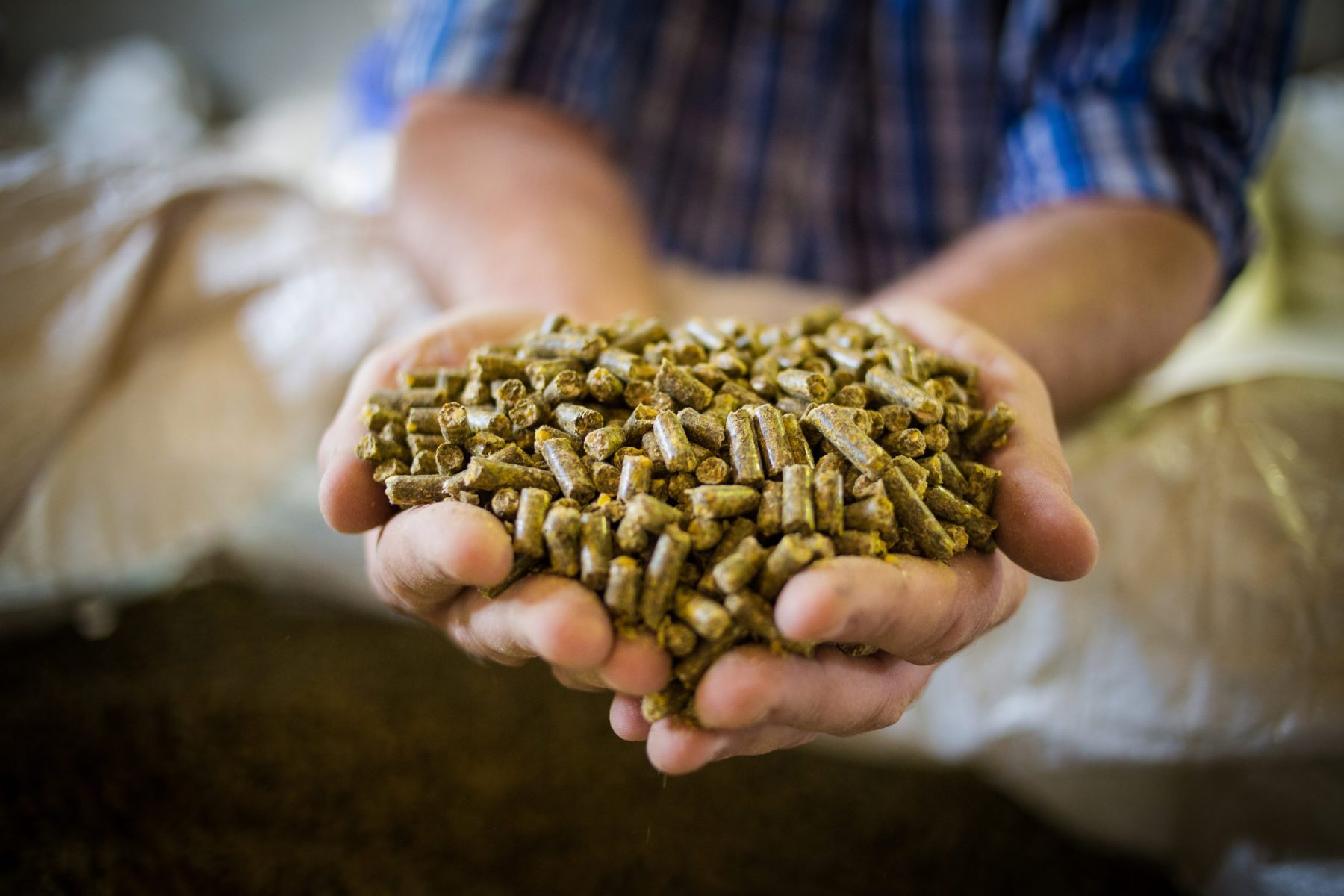

What do we need to work on as a society to make real progress on these important issues? First of all, we have to learn and to accept that good quality comes at a price. When it comes to nutrition, we need to distance ourselves from the mentality that cheap is chic, because ultimately it is the consumer in the supermarket who decides what the farmer produces. In Germany, food is not valued as highly as in Italy or France, for example, where consumers have always been willing to pay that much more money for produce from a certain type of animal production. But we have already started learning.
It is also important that farmers have the opportunity to earn money. Livestock farmers would happily do more for animal welfare if it is not at their own expense, since there’s not much left at the end of the day.
If we decide that food should remain inexpensive – and this could of course be a socio-politically conscious decision – , then we need to consider what farmers are being paid for: If not for the food, is it perhaps for environmental land management? And we need to decide whether we want to produce food here locally or would rather import it. What is the use of setting high standards for environmental protection and animal production here and then importing cheap products from countries with lower standards and rampant pollution? This is about responsibility. And the coronavirus pandemic has just shown us that world markets too can stagnate.
In a recent article entitled ‘EU becomes less significant’, the author used the greening of agriculture to justify their view. This may be true for raw materials, but with regard to our sector, it is quite different. For us, greening means taking on the role of a global pioneer. Yes, less meat will be consumed. We need to adapt and work on solutions to tackle the changes that are coming.